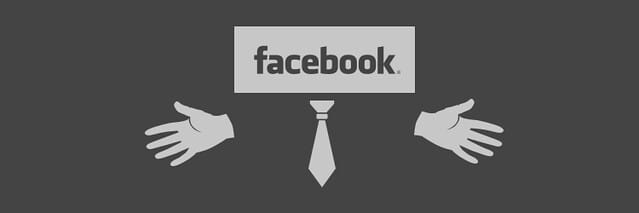The party’s crashing us: What does Facebook’s IPO fizzle mean for Angry Birds and FarmVille?

Facebook’s IPO last Friday was by a major disappointment by most accounts. The implications of the underwhelming launch had a negative impact on Zynga, whose own IPO in late 2011 was similarly disappointing, closing at a lower price than it launched at. Is there a structural cause connecting the ambivalence about Zynga’s long-term profits with that of Facebook?
Many analysts blame Facebook’s performance on the IPO’s underwriters, whose aggressive pricing of $38 per share contributed to market skepticism. That put Facebook’s Earnings Per Share ratio at more than 40. In comparison, Apple trades at approximately 10 times its EPS, and Google at 12 times. Speaking to the Wall Street Journal, Wedbush Securities analyst MIchael Pachter said, “This thing should have been half as big as it was, and it would have closed at $45.”
It’s also possible a large part of the motivation to overvalue Facebook stock, like Zynga’s before it, is that it’s structurally impossible for the company’s business model to generate as much profit as older media companies. Rovio’s Angry Birds offers a case in point. The puzzle-flicker is the most widely played videogame of all time with more than 1 billion downloads, and yet Rovio only earned $106 million in revenue in 2011, roughly one-fourth what Activision earned during the first 24 hours of Call of Duty: Modern Warfare 2 sales.
Even if there was one download of Angry Birds for every single person on earth, Rovio would have a hard time matching the profits Activision can earn selling a high-end console game with a traditional marketing push. More and more people are using Facebook, and more people are playing games through it, and yet fewer and fewer people are able to make money from it, at least in the concentrated volumes of years past.
“From my standpoint, I’m very happy not to be involved,” Adam Sarhan, head of Sarhan Capital, told the WSJ.
[via Wall Street Journal] [img]



